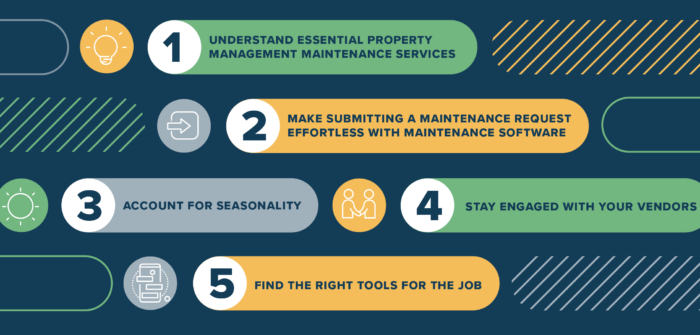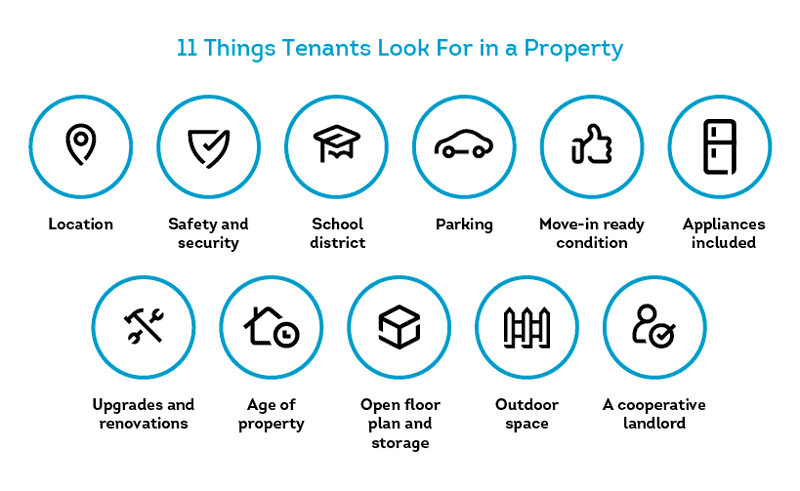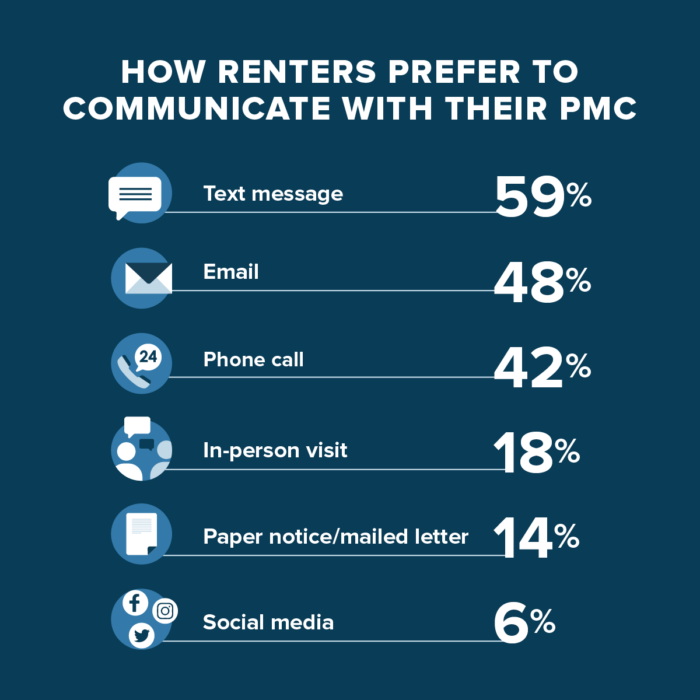Discover the secret to keeping tenants happy and loyal with these expert tips for property managers. Don’t miss out!

Image courtesy of THIS IS ZUN via Pexels
Table of Contents
- Introduction: What is Tenant Retention and Why Does it Matter?
- Build Strong Relationships with Your Tenants
- Section 2: Keep the Property in Top Condition
- Section 3: Provide Excellent Amenities
- Offer Incentives for Lease Renewal
- Section 5: Ask for and Act on Feedback
- Respect Privacy and Ensure Security
- Address Conflicts Promptly
- Section 8: Communicate Clearly About Policies and Changes
- Conclusion: Bringing It All Together
- FAQs: Common Questions About Tenant Retention
Introduction: What is Tenant Retention and Why Does it Matter?
When it comes to managing rental properties, tenant retention is a crucial concept that property managers need to understand. Tenant retention strategies are all about keeping your tenants happy and satisfied so that they choose to stay in your property for longer periods. But why does this matter so much, you may ask?
Understanding Tenant Retention
Tenant retention is simply the art of making sure your tenants are content living in your rental property so they want to stay. This involves creating a positive living environment, providing good customer service, and addressing any concerns promptly. By focusing on tenant retention, property managers can avoid the hassle of constantly looking for new tenants and enjoy more stability in occupancy rates.
The Benefits of High Occupancy Rates
When tenants are happy and decide to stay longer in your property, it results in high occupancy rates. This means fewer vacancies and more consistent rental income. But it’s not just about the financial aspect; high occupancy rates also contribute to a better sense of community within the property as long-term residents build relationships with one another. Ultimately, tenant retention leads to a win-win situation where both property managers and tenants benefit from a positive living experience.
Build Strong Relationships with Your Tenants
As a property manager, it is essential to be a good listener and clear communicator with your tenants. Listening to their concerns, feedback, and requests shows that you value their opinions and care about their living experience. Clear communication helps to avoid misunderstandings and ensures that tenants feel heard and understood.
Organize Community Events
Creating a sense of community among tenants can greatly contribute to tenant satisfaction and retention. Organizing community events such as BBQs, movie nights, or holiday parties can help build a friendly and welcoming environment in the building. These gatherings provide an opportunity for tenants to get to know each other, fostering a sense of belonging and creating a positive living experience for everyone.
Section 2: Keep the Property in Top Condition
When you manage a rental property, it’s important to make sure everything is working smoothly. That’s why regular maintenance checks are crucial. These checks help us catch any small issues before they turn into big problems. From leaky faucets to flickering lights, we want to keep your home in top shape.

Image courtesy of m.facebook.com via Google Images
Quick Repairs
Have you ever had something break in your home, like a computer or toy, and wished it could be fixed right away? The same goes for your rental property. Whenever something needs repair, we aim to fix it quickly. This way, you can see that we care about making sure your home is safe and comfortable.
Section 3: Provide Excellent Amenities
In order to keep tenants happy and satisfied, it’s essential to provide excellent amenities that enhance their living experience. By offering attractive features and services, property managers can increase tenant satisfaction and retention rates. Here are some key points to consider when it comes to providing top-notch amenities.
Amenities That Matter
When it comes to amenities, not all offerings are created equal. It’s crucial to understand what matters most to tenants and tailor your amenities to meet their needs and preferences. Some popular amenities that tenants appreciate include:
- On-site laundry facilities
- Fitness centers or access to nearby gyms
- High-speed internet and cable TV options
- Swimming pools or outdoor recreational areas
- Pet-friendly policies and facilities
By providing amenities that cater to the lifestyle and interests of your tenants, you can create a more desirable living environment that fosters tenant satisfaction and loyalty.
Always Think of Upgrades
Regularly updating and enhancing amenities can make a significant impact on tenant retention. Simple upgrades such as installing energy-efficient appliances, freshening up common areas with new paint and decor, or adding smart home technology features can greatly improve the overall living experience for tenants.
By demonstrating a commitment to continuous improvement and a willingness to invest in the property’s upkeep, property managers can show tenants that their comfort and well-being are top priorities. Small upgrades can go a long way in creating a welcoming and modern environment that tenants will want to stay in for the long term.
Offer Incentives for Lease Renewal
Encouraging tenants to renew their leases can be achieved through appealing incentives such as rent discounts. Offering a reduced rent rate for the upcoming lease term can entice tenants to stay longer, saving them money and ensuring your property maintains high occupancy rates.

Image courtesy of www.buildium.com via Google Images
Renewal Rewards
Another enticing option is to provide renewal rewards for tenants who choose to extend their lease. This could include gift cards, upgraded amenities, or even a small token of appreciation like a welcome basket. These rewards show tenants that their loyalty is valued and can strengthen their connection to the property, leading to higher tenant retention rates.
Section 5: Ask for and Act on Feedback
In order to provide the best living experience for tenants, it’s crucial for property managers to ask for and act on feedback from their residents. This valuable input can help improve the quality of service and address any issues that tenants may have. Let’s take a closer look at how this process works.
Collecting Honest Opinions
One of the most important steps in improving tenant satisfaction is to collect honest feedback from your residents. This can be done through surveys, suggestion boxes, or even informal conversations. Encourage tenants to share their thoughts and concerns openly, so you can better understand their needs and preferences.
Implementing Changes
Once feedback has been gathered, it’s essential to take action on the suggestions provided. By implementing changes based on tenant feedback, you demonstrate that you value their opinions and are committed to enhancing their living experience. This proactive approach can lead to increased tenant satisfaction and improve retention rates.
Respect Privacy and Ensure Security
Respecting the privacy of your tenants and ensuring their security are crucial aspects of being a responsible property manager. By focusing on these two areas, you can contribute to tenant satisfaction and increase the likelihood of tenant retention.

Image courtesy of www.mysmartmove.com via Google Images
Privacy Practices
Respecting the privacy of tenants involves a few key practices. Firstly, always give notice before entering a tenant’s apartment for maintenance or inspections unless it’s an emergency. This shows respect for their space and privacy. Secondly, avoid sharing personal information about tenants with others unless necessary for legal or safety reasons. Lastly, make sure to handle sensitive information, such as rent payment details, securely to protect their privacy.
Security Measures
Ensuring the security of your rental property can make tenants feel safe and valued. Installing adequate lighting in common areas and around the property can help deter crime and create a sense of security. Implementing secure access systems, such as key fobs or electronic keypad locks, can also enhance security for tenants. Regularly maintaining locks, windows, and security cameras, if available, is essential to provide a safe living environment for tenants.
| Tip | Description |
|---|---|
| 1. Regular Communication | Stay in touch with tenants to address any concerns or issues promptly. |
| 2. Maintenance and Upkeep | Ensure the property is well-maintained and address maintenance requests promptly. |
| 3. Offer Incentives | Provide rewards or discounts for long-term tenants to encourage retention. |
| 4. Community Events | Organize events or activities to promote a sense of community among tenants. |
| 5. Listen to Feedback | Actively listen to tenant feedback and make improvements based on their suggestions. |
Address Conflicts Promptly
Conflicts can sometimes arise between tenants or between tenants and management. It’s essential to address these conflicts promptly to maintain a positive living environment for everyone.
Effective Conflict Resolution
When conflicts arise, it’s crucial to resolve them effectively and efficiently. Encourage open communication between parties to understand the root of the issue. Act as a mediator to find a fair solution that satisfies both sides. By addressing conflicts promptly and fairly, you can prevent tensions from escalating and create a more harmonious community.
Maintaining Peaceful Community
Peaceful relations among tenants contribute to a better living environment for everyone. Encourage a sense of community by organizing events where tenants can interact positively. By fostering a culture of respect and understanding, conflicts are less likely to occur. Remember, addressing conflicts promptly and fostering a peaceful community can lead to higher tenant satisfaction and retention rates.
Section 8: Communicate Clearly About Policies and Changes
It’s essential for property managers to communicate any updates or changes in policies to tenants clearly and promptly. When there are new rules or regulations in place, tenants need to be informed so they can abide by them. One way to do this is through written notices or emails sent directly to all residents, outlining the changes in a simple and understandable language.

Image courtesy of www.buildium.com via Google Images
Adapting to New Regulations
With the rental property industry constantly evolving, managers must stay informed about any new housing regulations that may impact their tenants. It’s crucial to adapt to these changes swiftly and communicate the necessary adjustments to tenants. Being transparent about why these changes are happening and how they will affect tenants can help maintain trust and minimize confusion.
Conclusion: Bringing It All Together
In conclusion, maintaining high tenant retention rates is crucial for property managers to ensure a thriving and successful rental property. By implementing the right strategies and focusing on tenant satisfaction, you can keep your occupancy rates high and create a positive living environment for all residents. Let’s recap some key points discussed in this article.
Building Strong Relationships
Getting to know your tenants, listening to their needs, and organizing community events can help foster trust and loyalty among residents. Building strong relationships is a cornerstone of successful property management.
Property Maintenance
Regular maintenance checks and quick repairs are essential to keeping your property in top condition. Showing tenants that you care about their well-being by promptly addressing any issues can go a long way in enhancing their living experience.
Providing Excellent Amenities
Offering desirable amenities and thinking of upgrades to enhance tenant comfort can make your property more attractive and appealing to residents. Amenities that matter to tenants can set your property apart from the competition.
Incentives for Lease Renewal
Implementing creative incentives such as rent discounts and renewal rewards can motivate tenants to extend their leases and stay longer. Offering incentives for lease renewal can help increase tenant retention rates.
Feedback and Conflict Resolution
Collecting honest feedback from tenants and implementing changes based on their suggestions can show that you value their opinions and are committed to improving their living experience. Addressing conflicts promptly and maintaining a peaceful community are also key factors in tenant retention.
Clear Communication
Being transparent with tenants about policies, rules, and any changes in the property can help prevent misunderstandings and build trust. Clear communication is essential for maintaining good relationships with tenants.
By following these tips for property managers and embracing effective tenant retention strategies, you can create a positive and welcoming living environment that encourages residents to stay long-term. Remember, happy tenants lead to high occupancy rates and a thriving community for everyone.
FAQs: Common Questions About Tenant Retention
How Often Should I Check in With Tenants?
Regular communication is key to maintaining a healthy relationship with your tenants. It’s essential to check in periodically to ensure they are satisfied and address any concerns they may have. However, you don’t want to overwhelm them with constant communication. A quarterly check-in could be a good starting point, but adjust the frequency based on your tenant’s needs and preferences.
What If a Tenant Still Decides to Leave?
Even with all efforts to promote tenant retention, there may still be instances where a tenant decides not to renew their lease. In such cases, it’s crucial to understand the reasons behind their decision. Take the opportunity to learn from their feedback and see if there are any areas for improvement in your property management practices. Additionally, focus on finding a new tenant promptly to minimize vacancy costs.
Can I Use Technology to Help With Tenant Retention?
Technology can be a valuable tool in enhancing tenant satisfaction and streamlining management tasks. Consider implementing an online portal where tenants can easily communicate issues, make rental payments, and access important information. Utilize social media platforms to engage with tenants and promote community events. Automated maintenance requests and reminders can also improve efficiency and tenant convenience.
Idaho Poperty Management
